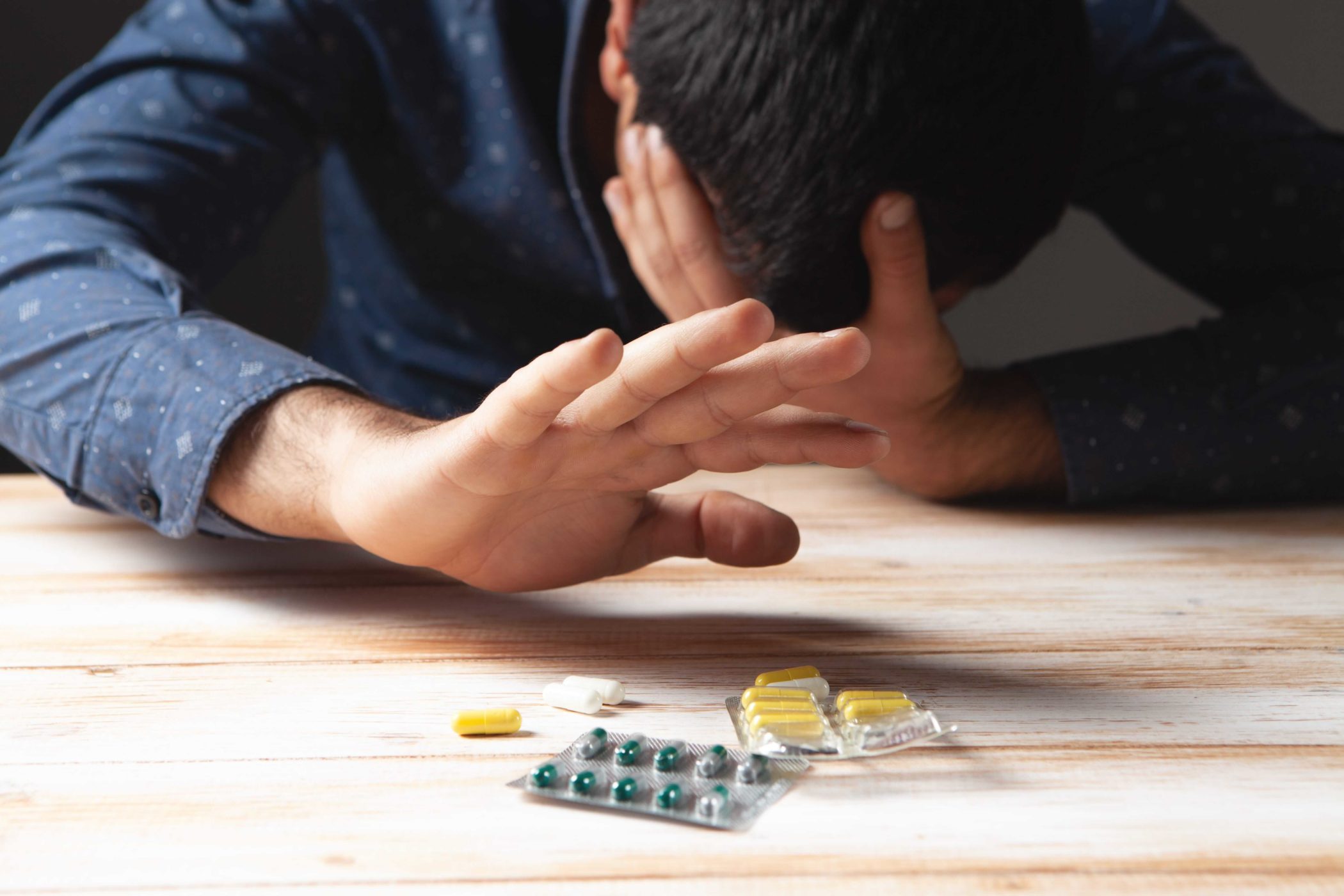Addiction is a chronic disease that can be treated but not cured. As a result, it is expected that someone who has struggled with alcohol or drugs will experience cravings for those substances while in recovery. It can be beneficial to have a list of tips and tools to help reduce the individual’s risk of relapse and deal with those cravings when they occur.
Relapse is a component of any chronic health condition. Should the person give in to a craving and relapse, it is essential to recognize that their treatment has not failed. Relapse indicates that the person needs to have a conversation with their health care provider to adjust their current treatment plan. They may need to modify what they are doing or try something new altogether.
What is a Craving?
Cravings are strong desires. A person can crave alcohol, drugs, food, and sex, among other things. Often cravings are unique to the individual. Substance abuse changes the brain, influencing how the brain reacts and increasing a person’s craving for substances. The person may experience a craving because of encountering a particular place, person, or thing — i.e., a trigger.
Triggers typically fall within four categories:
- Pattern — places and things that trigger a desire for drugs and alcohol
- Social — a person or group associated with substance use
- Emotional — feelings related to substance use
- Withdrawal — biological responses to a lack of the substance in the body
Triggers may also be random. Learning to recognize triggers and determining ways to avoid them or deal with them can help prevent a relapse.
Effective Ways to Deal with Cravings
Cravings are a natural part of a person’s addiction journey. Individuals should accept that cravings will happen and be prepared for that eventuality. Cravings do not indicate that the person has done anything wrong or that they are destined to relapse. Suppressing the craving is not the answer; accept it and be prepared to deal with it. Here are some of the most effective ways to deal with cravings for drugs or alcohol:
Avoid triggers. If a person knows what has triggered their substance abuse in the past, it’s important to avoid those people, places, and things — particularly early in their recovery.
Have a support system. People living with addiction need family and friends willing and able to support them on their recovery journey. For many, this may require rebuilding relationships that have been damaged because of their addiction. Engaging in family therapy is one way to rebuild trust.
Find a peer support group. The help of friends and family makes a difference in a person’s recovery, but finding a group of peers is equally important. These people have also struggled with addiction and can understand what the individual may be experiencing. It may be necessary to try different meetings or groups to find one that is a good fit.
Stay busy. Cravings typically only last 15 to 30 minutes. Managing that urge may require finding something to substitute for that brief period, like chewing gum, until the moment passes. Another way to distract someone from a craving is to keep a journal on what the person is grateful for on their sober journey. Reading that when a craving hits may help manage the feeling.
Get active. Engaging in exercise or some outdoor activity can be an effective way to deal with substance cravings. Taking a walk or simply going outside and engaging in the natural world can help release endorphins that make a person feel good and distract them until a craving passes.
Find ways to manage stress. Feelings of stress often cause people to abuse drugs or alcohol to escape. Someone with addiction must discover new, healthier ways to manage stress and other negative emotions. Talking to a loved one or attending a support group can assist someone in managing their stress. Eating right, getting regular sleep and exercising can also help reduce a person’s stress level.
Try new ways to relax. Many people with addiction find that engaging in activities like yoga or meditation assists them in managing their urge for drugs or alcohol. These kinds of activities may help to calm the mind and body.
Eat something. Enjoying something sweet seems to help many manage their craving for drugs or alcohol. While having something that is a carb or sugary can help, it is not the best long-term solution for managing cravings as it carries its health risks in terms of weight gain. It may, however, be something to try, particularly in a person’s early days of recovery.
Each person is different, and their recovery journey will also be unique. Cravings are a natural part of this process, but it is wise to have several ways of managing cravings when they arise. Some suggestions may work, and others may not. But it is essential not to give up and to keep trying instead of giving into the craving.
Bridges of Hope’s treatment philosophy is based on a comprehensive and integrated approach to addressing all issues related to substance use and mental health disorders. Utilizing therapeutically proven, evidence-based clinical practices, Bridges of Hope provides superior patient care in Indiana through its all-inclusive treatment services.


 Verify Insurance
Verify Insurance
 Toll Free Call
Toll Free Call